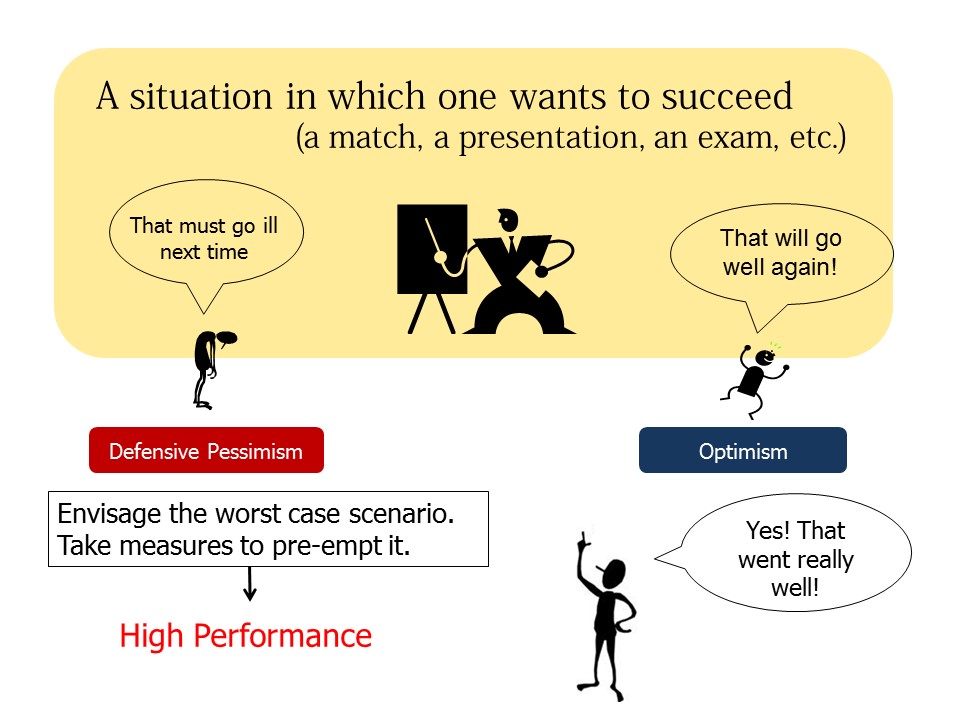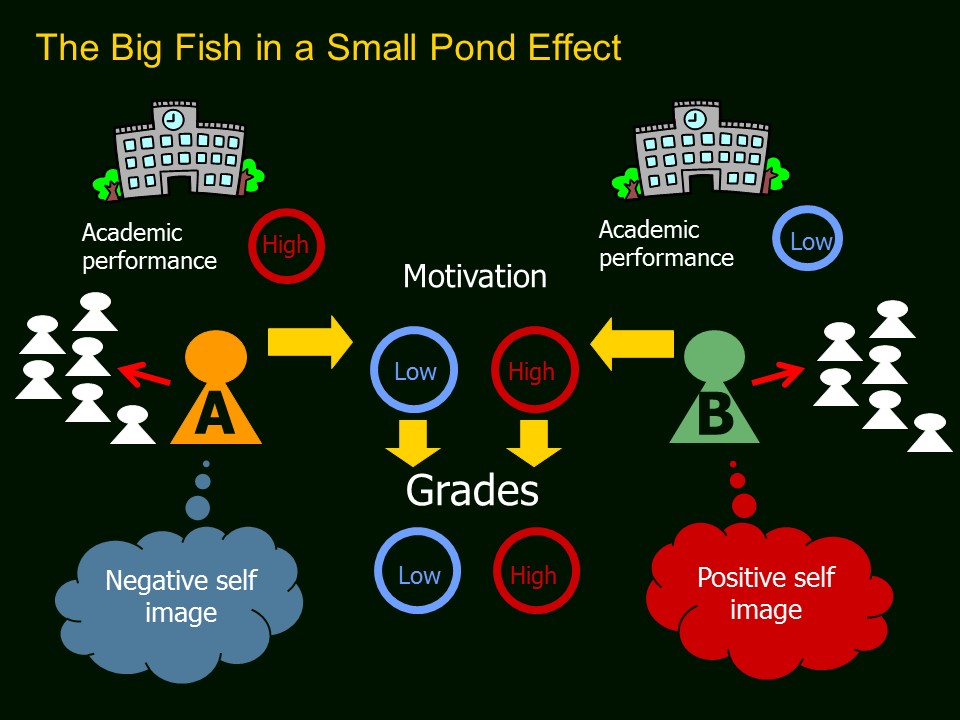TSUKUBA FUTURE
#017 Psychology Course for Improving Performance
Associate Professor TOYAMA Miki, Faculty of Human Sciences

Optimists, who take a positive view of their surroundings and of the future, are physically and mentally healthy, and perform well in academic life and in sports because they maintain their high levels of motivation. On the other hand, pessimistic and negative people are unhealthy, and are unable to achieve high outcomes because they give up easily. This is the common perception that optimism is a good thing and pessimism is undesirable.
But is pessimism really a bad thing? Let's take the well-known baseball player Ichiro as an example. When he was at the height of his career, breaking record after record in the Major League, this is what he said: "I lurch from failure to failure. I'm worried that I might not be able to bat tomorrow. There's no future, however hard I work." This, and other remarks show that he is quite a pessimist, but it is obvious to all that he has been extremely successful. So some high achievers are pessimists. Prof. Toyama studies these "defensive pessimists."

Defensive pessimists are able to succeed because they pre-empt the envisaged failure.

People can either bring out their full potential or stifle it depending on how their self-awareness has formed based on comparison with their peers, meaning, under certain conditions, people can yield poor performance despite their potential.
Defensive pessimists are convinced they may fail in situations in which success is important, such as sales pitches or football matches, even when they have succeeded in these situations in the past. They envisage a range of failures--they will forget their lines, or their computer will break down, and so on. However, their thorough preparation and practice, provision of backups and other measures to avoid failing in reality differentiate them from "ordinary pessimists." They turn worry into motivation, and as a result they perform well on the day. Therefore, for them, being advised to relax would be counter-productive. It has been proven in experiments that their performance noticeably deteriorates if they are forced to suppress images of failure scenarios.
Another theme Prof. Toyama is interested in is "self-acknowledgement," meaning how one is aware of oneself. We compare ourselves to our peers when we judge our abilities. Even when a person's abilities are considerable, if that person belongs to a group of people who are even more capable, then that person will perceive that he or she is relatively inferior. This can lead to a vicious circle of low motivation and low performance. This is similar to the case of a high school student with good grades who works hard to get into a high-level university, and then becomes depressed because all his university classmates excel. In other words it is possible that better results are produced by being a big fish in a small pond than by being a small fish in a big pond. It is extremely interesting that one's self-acknowledgement is so affected by one's environment. Prof. Toyama's aim is to examine how a person unable to become a big fish in a small pond can form a positive self-image.
Correct self-acknowledgement is essential for cultivating one's individuality.
Programs in which postgraduate and undergraduate students cooperate on research are implemented proactively.
The term psychology is only one word, but it encompasses a wide range of fields. The University of Tsukuba, which grew out of the traditions of the Tokyo University of Education, is lucky enough to have researchers in all the many areas of psychology. Many students choose to study psychology because they imagine some sort of counseling, and they are often surprised as they learn about all the other aspects of the discipline. Questionnaires and behavioral observation, and in certain areas even animal studies are used, so a certain level of knowledge of statistics and brain science is essential. Concepts like the "big fish in a small pond effect" and defensive optimism may sound obvious when hearing only the conclusion, but meticulous research and data analysis are necessary if they are to be examined scientifically.
A strong will to help people who are in difficulty is the reason Prof. Toyama chose to enter the field of psychology. However, no amount of research can enable one to know precisely what is happening in the heart and mind of another person. Personalities and behavior patterns can be divided into a number of types, but these are at best statistical trends. Because each individual is different, even people of broadly the same type need tailor-made advice and instruction. Psychology gives us hints as to how to enhance people's motivation and performance and help them enjoy a more vibrant life.
Article by Science Communicator at the Office of Public Relations


